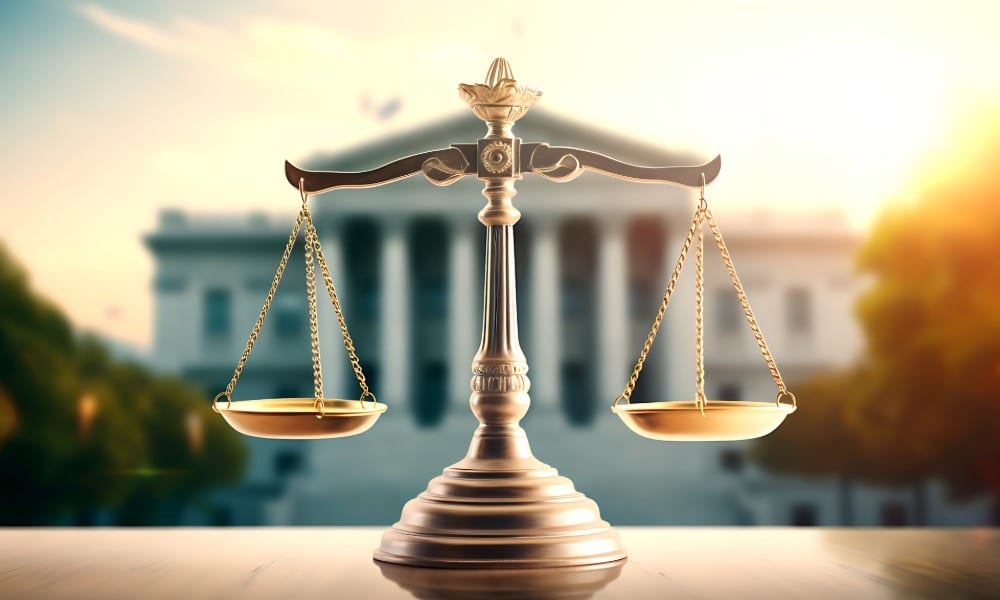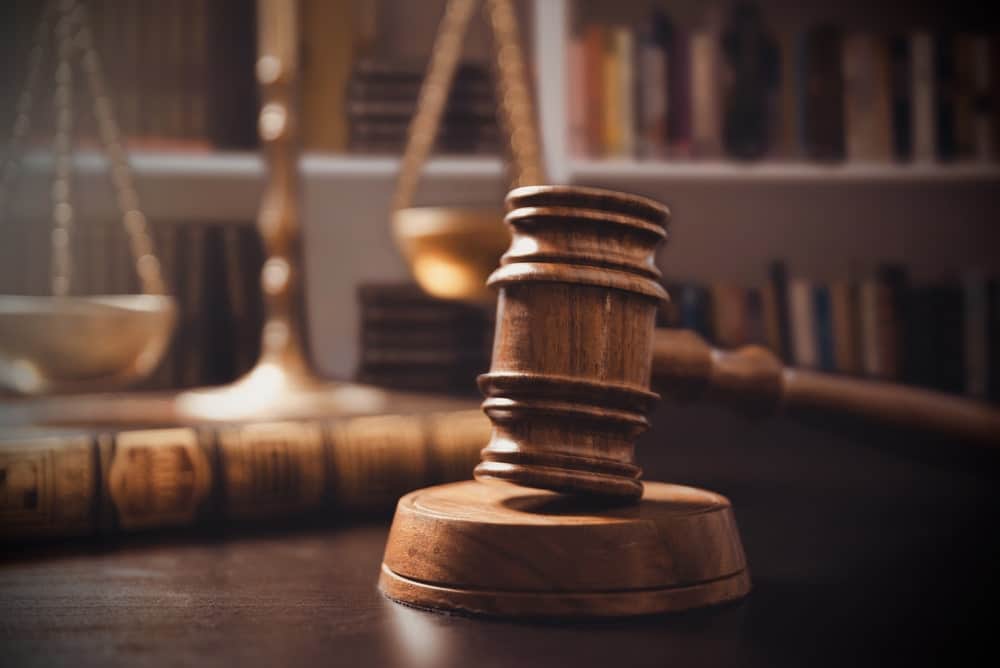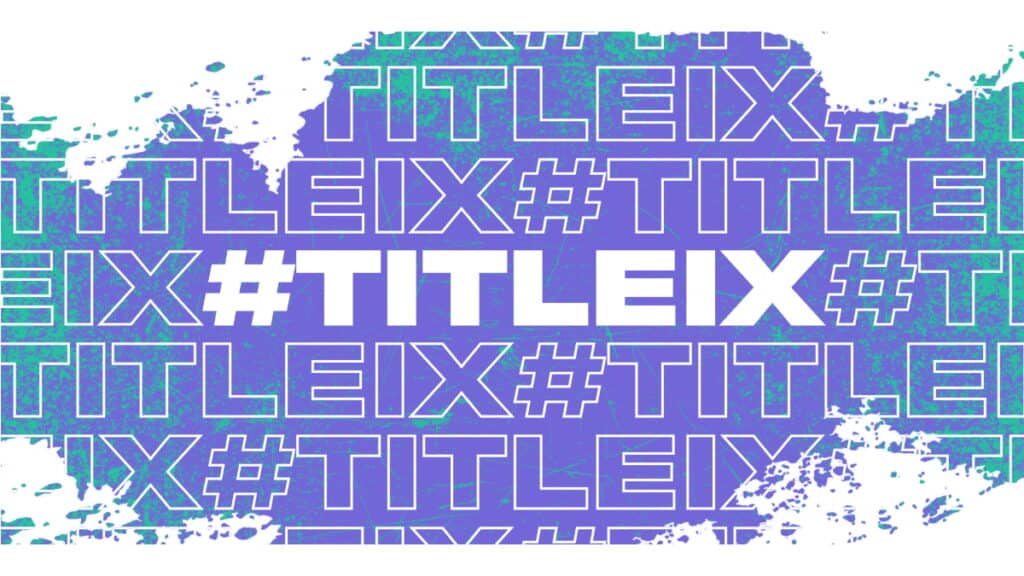Registering as a sex offender in Maine has significant legal and social consequences, including difficulty finding employment and social stigmatization. Individuals convicted of certain sex crimes are required to register with the Maine State Police, managed through the State Bureau of Identification. The Maine Sex Offender Registry is publicly accessible, meaning anyone—neighbors, employers, or others—can search for individuals with qualifying convictions.
Under the Maine Sex Offender Registration and Notification Act (SORNA), registered sex offenders face residency restrictions, including limitations on living near schools and places children frequent. Additionally, local municipalities may impose stricter ordinances, further affecting where offenders can live. Failing to comply with registration requirements can result in severe penalties, making it crucial for individuals to fully understand their obligations and seek legal advice when necessary.
Call 207-571-8146 or contact us online to schedule a consult with one of our highly skilled criminal defense & OUI lawyers, serving Southern Maine, today.
Table of Contents
When registering as a sex offender is a requirement in Maine
Not all convictions require you to register as a sex offender in Maine. To make matters even more complex, Maine changed its sex offender registration requirements on January 1, 2013.
For cases that happened between 1982 and 2012, the Sex Offender Registration and Notification Act of 1999 (SORNA 1999) differentiates between “sex offenses” and “violent sex offenses.”
Sex offenders who have registered under SORNA 1999 are either 10-year registrants or lifetime registrants. Sex offenders who only had to register for 10 years were convicted of a less serious offense than those who had to register as a sex offender for the rest of their lives.
The Sex Offender Registration and Notification Act of 2013 (SORNA 2013) splits eligible sex crimes into three tiers – Tier I, Tier II, and Tier III. Each tier comes with a different set of requirements for a convicted person. A “Tier I registrant” is someone convicted of a Tier I offense – generally, Class D or E convictions or attempts of Class E, D, or C crimes. A “Tier II registrant” is someone convicted of a Tier II offense – generally Class C convictions or attempts of Class B crimes. A “Tier III registrant” is someone convicted of a Tier III offense – or generally Class B or A convictions or attempts of A crimes.
How to register as a sex offender in Maine
People who have been convicted of an eligible sex offense have the duty of registering on Maine’s sex offender list. This is an active requirement – forms will not be provided to you and meetings will not be scheduled on your behalf.
You must make the effort and follow through with your registration. The only thing the court will inform you about is whether you have to register as a sex offender and for how long.
The sex offender registration process
If you are being released from jail or put on probation, the court or jail will inform you about the sex offender registration process. The initial registration is the most intensive one. This is just some of the information you’ll have to provide:
- Your name
- Any aliases you use
- Your date of birth
- Identifying characteristics like sex, race, height, weight, eye color, and hair color
- A recent photograph
- Fingerprints, if they were not already taken during the court process
- Addresses for where you are going to live, work, and/or go to school
- Details about any mental health treatment you went through as part of your conviction
- Details about your conviction.
This information goes to the State Bureau of Identification and the local police department in the town where you are going to live. If you work or go to school in another town, you will have 24 hours to reach out to that police department and notify it of your intentions.
Required subsequent updates for sex offender registration in Maine
You are legally required to update the information where you are registered for your sex offender registration. If you move, change jobs, or leave or change schools, you have 24 hours to reach out to the appropriate police department. Additionally, you will have three days to notify the State Bureau of Identification of these changes.
If you move, work, or go to school out of state, you still have to notify the Maine State Bureau of Identification. The Bureau will then forward the information on to the local law enforcement agency at your destination. Check the local law where you will be heading to for the most up to date information about what is required.
Maine’s sex offender registration verification process
The State Bureau of Identification has a verification process for all currently-registered sex offenders to ensure their information is current and up to date. The timing of this process depends on the severity of the conviction and which tier you fall under:
- Tier I registrants have to verify their information every year for 10 years;
- Tier II registrants have to verify every six months for 25 years; and
- Tier III registrants have to verify every three months for the rest of their life
At least ten days prior to the verification date, the Bureau of Identification sends a verification form to the currently-listed address. The post office cannot forward this form. You then have five days from receiving the form to fill it out and bring it, along with a new photo, to the local police station.
Call 207-571-8146 or contact us online to schedule a consult with one of our highly skilled criminal defense & OUI lawyers, serving Southern Maine, today.
Penalties for Not Registering as a Sex Offender in Maine
If you are required to register as a sex offender or verify your registration but don’t do it and don’t have just cause for the oversight, there are serious legal consequences depending on any prior offenses.
The below table outlines the potential consequences.
| Crime Class | Potential Jail or Prison Sentence | Potential Fines | |
| First Registration Failure | Class D misdemeanor | Up to 364 days | Up to $2,000 |
| Second Registration Failure | Class C felony | Up to 5 years | Up to $5,000 |
| Third Registration Failure | Class B felony | Up to 10 years | Up to $20,000 |
Contact The Maine Criminal Defense Group
The criminal defense lawyers at The Maine Criminal Defense Group help people accused of a sex crime defend their rights and their future. A key goal of this defense is to reduce or eliminate your time on the sex offender registry.
Call The Maine Criminal Defense Group at (207) 571-8146 or contact us directly online if you have been accused of a sex crime anywhere in the state of Maine.
Call 207-571-8146 or contact us online to schedule a consult with one of our highly skilled criminal defense & OUI lawyers, serving Southern Maine, today.
Blog Articles

Sexual exploitation of a minor is a severe offense in Maine with life-altering consequences. This crime involves persuading or enticing a minor into sexual acts, often aggravated by technology or[...]

Facing a child pornography charge is one of the most daunting and life-altering experiences anyone can endure. These charges carry severe consequences, including potential prison time, hefty fines, and mandatory[...]

Solicitation of a minor is a criminal offense where an individual who engages in a conversation with a minor solicits or asks the minor to meet up to partake in[...]

Sexual assault and sexual battery both refer to criminal offenses where a victim does not provide consent to sexual contact. This contact may or may not involve penetration, force, violence,[...]

Both prostitution and solicitation are considered sex crimes in Maine. Buying or selling sexual acts or sexual contact is illegal and has traditionally been considered a criminal offense for all[...]

A protection from abuse order (PFA) can make it illegal for an individual to contact you or your children in the state of Maine. Filing a PFA is often a[...]

In a recent child exploitation case from Boston, a Maine man was found guilty by the federal court and sentenced to 13 years in prison and five years of supervised[...]

Accused or Charged with Sexual Exploitation of a Minor: What You Need to Know Allegations involving the sexual exploitation of a minor are among the most serious criminal charges a[...]

Note: We do not do any sex registry work but we do handle all sex-related cases Sex crimes are among the most destructive, antisocial behaviors in our whole society. Everyone[...]

When most people think of “Title IX” they tend to focus on the role on Title IX in preventing sexual or gender-based discrimination on college and university campuses. Title IX[...]


